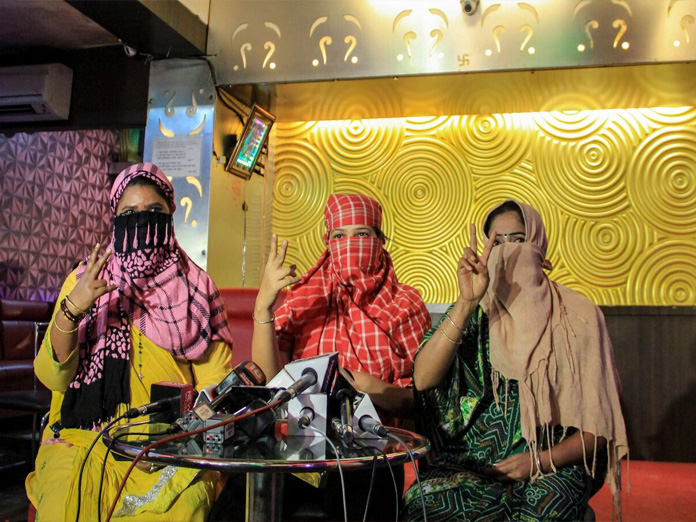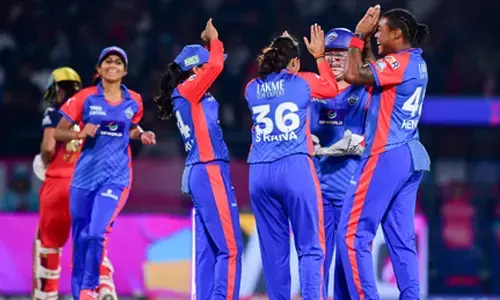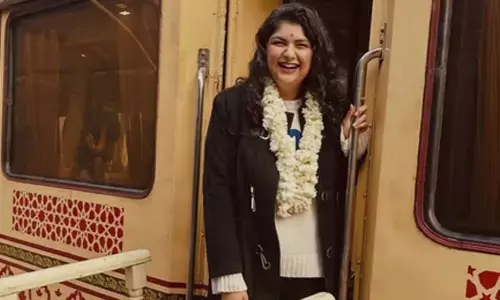Dance, bar girls dance, rules Supreme Court

Stating that there can be regulations but not total prohibition, the Supreme Court on Thursday paved the way for the reopening of dance bars in Maharashtra by setting aside some provisions of a 2016 law imposing restrictions on their licensing and functioning
New Delhi: Stating that there can be "regulations" but not "total prohibition", the Supreme Court on Thursday paved the way for the reopening of dance bars in Maharashtra by setting aside some provisions of a 2016 law imposing restrictions on their licensing and functioning.
Clearing the path for licences allowing dance bars to operate, an apex court bench headed by Justice A K Sikri permitted them to be located a kilometre away from religious places and educational institutions. The court allowed tips to performers but disallowed showering of currency on them.
The apex court quashed the provisions of the Maharashtra Prohibition of Obscene Dance in Hotels, Restaurants and Bar Rooms and Protection of Dignity of Women (Working therein) Act, 2016, like the mandatory installations of CCTV cameras in the dance bars saying they violated privacy.
The bench, however, upheld the provision restricting the timing of operation of dance bars from 6 pm to 11.30 pm. "From 2005 till date, not a single person has been given licence (for dance bars). It cannot be done.
There can be regulations but it cannot amount to total prohibition," the bench said while pronouncing the judgement.
The apex court said the provision which mandated that dance bars should be located one kilometre away from religious places and educations institutions is "unconstitutional". It also quashed the provision of the 2016 law which mandated that there must be a partition between bar rooms and the dance floor. In August last year, the court reserved its verdict on the pleas of hotel and restaurant owners challenging the 2016 Maharashtra law.
Earlier, the petitioners told the bench that the state government tried to circumvent a previous order of the apex court by bringing in the new 2016 law on conditions for operation of dance bars. Hotel and restaurant owners argued that the state government adopted an attitude that it will not permit operations of dance bars irrespective of orders passed by the apex court.
On January 11, 2017, the apex court directed the Maharashtra government to expeditiously decide the pending applications for licences to open dance bars under the old rules and the directions issued by the court from time to time.
The Maharashtra government, in an affidavit filed before the court, defended the operation of a new law meant to regulate licensing and functioning of dance bars in the state. "It was observed that such dances were derogatory to the dignity of women and were likely to deprave, corrupt or injure public morality," the state government said.
"It was also brought to the notice of the state government that the places where such dances were staged were used as places for immoral activities and also as a place for solicitation for the purpose of prostitution," it said. The state government said prevention of obscenity in public places is a part of public policy in India and was reflected in provision of Indian Penal Code (IPC). "Maharashtra Prohibition of Obscene Dance in Hotels, Restaurants and Bar Rooms and Protection of Dignity of Women (working therein) Act, 2016 gives effect to such Public Policy," it said.














